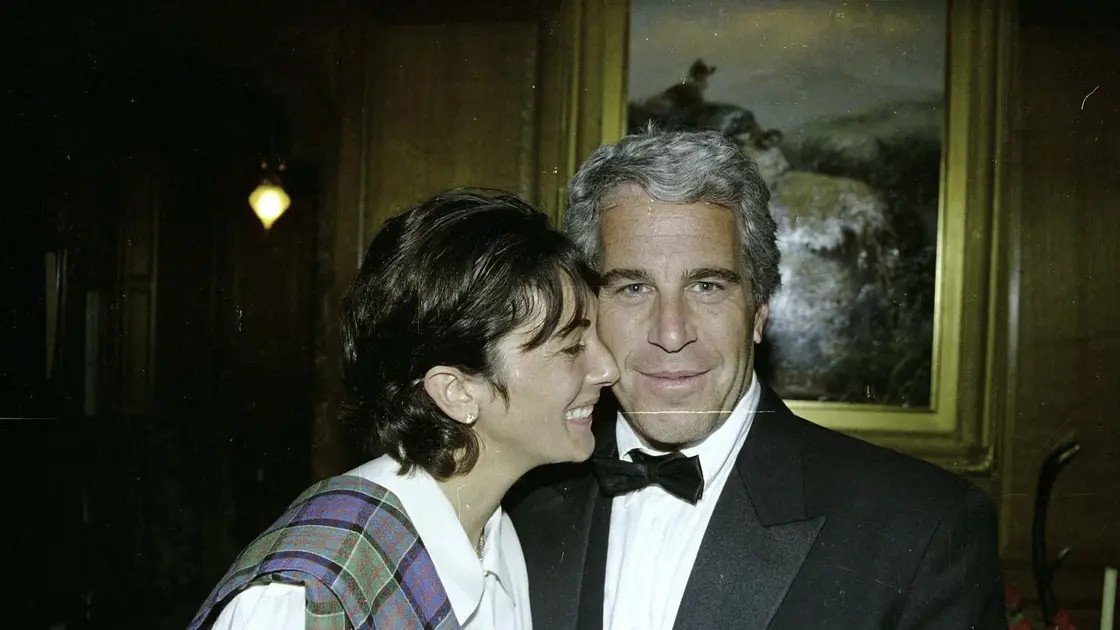T4K3.news
Epstein grand jury records remain sealed
A federal judge keeps grand jury transcripts and exhibits in the Epstein case sealed, keeping new documents from public view.

A federal judge refused to unseal grand jury transcripts and exhibits from the Epstein investigation, preserving sealed materials.
Judge rejects Trump administration request to release Jeffrey Epstein grand jury documents
A federal judge ruled that the Justice Department did not overcome long standing precedent to keep grand jury materials sealed. He noted that the sealed transcripts and exhibits constitute a small portion of the Epstein file compared with the broader investigation already in DOJ hands. This is the third federal judge to deny a request to release Epstein related grand jury materials.
The department had pressed to unseal them as part of ongoing efforts to disclose more about the Epstein files. The judge cited privacy and safety concerns for victims as a key reason to keep the records sealed, while acknowledging public interest in the case.
Key Takeaways
"The information contained in the Epstein grand jury transcripts pales in comparison to the Epstein investigation information and materials in the hand of the Department of Justice."
Judge's reasoning on the relative importance of sealed materials
"The Government is a logical party to make comprehensive disclosure to the public of the Epstein files."
DOJ position on transparency
"This is the third federal judge to decline to release Epstein related transcripts."
Pattern of court rulings
"Lack of transparency in the memo angered Democrats, the public and even members of Trump's political base."
Political reaction
The ruling highlights a persistent tension between transparency and protection in high profile investigations. While public access can strengthen accountability, courts often shield sensitive materials to protect victims and ongoing inquiries. The decision suggests a cautious approach that may limit how quickly and how much information reaches the public in cases with political and social implications.
Looking ahead, the Epstein file remains a politically charged topic. Officials may seek selective disclosures, but the balance between accountability and privacy will continue to shape court decisions and public trust. The outcome could influence how future administrations handle sensitive investigative materials.
Highlights
- The information contained in the Epstein grand jury transcripts pales in comparison to the Epstein investigation information and materials in the hand of the Department of Justice.
- The Government is a logical party to make comprehensive disclosure to the public of the Epstein files.
- This is the third federal judge to decline to release Epstein related transcripts.
- Lack of transparency in the memo angered Democrats, the public and even members of Trump's political base.
Epstein grand jury materials sealed raise political and privacy concerns
Keeping the grand jury transcripts sealed highlights ongoing tension between transparency and safety in high profile cases. The decision draws political attention and affects victims' privacy. The issue also intersects with ongoing debates about government accountability and public trust.
The path to full transparency in historic cases remains uneven and contested.
Enjoyed this? Let your friends know!
Related News

Epstein records remain sealed

Judicial ruling on Maxwell grand jury records

Florida judge maintains secrecy of Epstein grand jury records

Judge rejects Trump administration request to unseal Epstein transcripts

Maxwell transcripts stay sealed

Texas GOP Advances Redistricting Map

Legal challenges may reveal Epstein documents

Judge in Epstein case demands more details from DOJ
